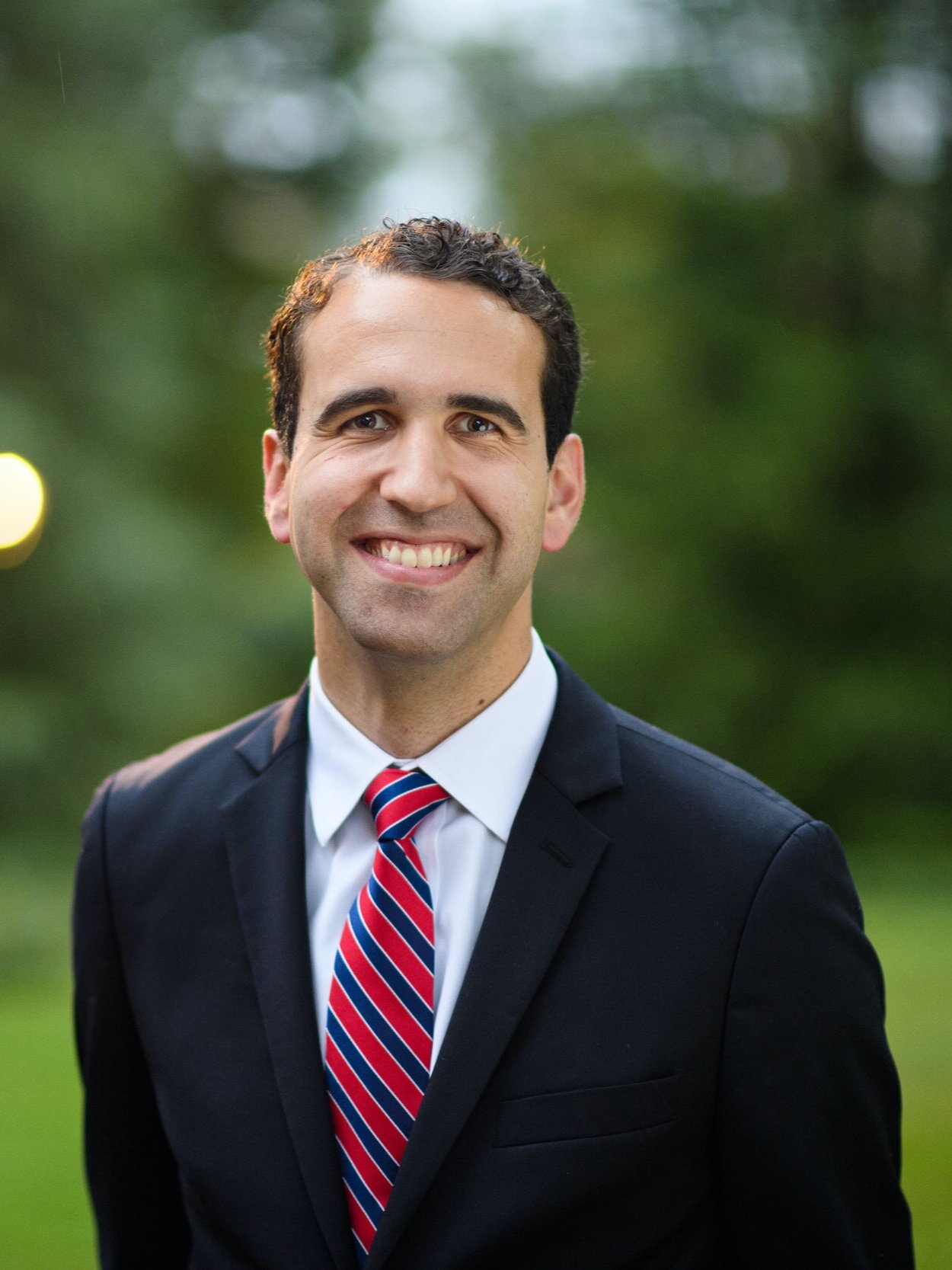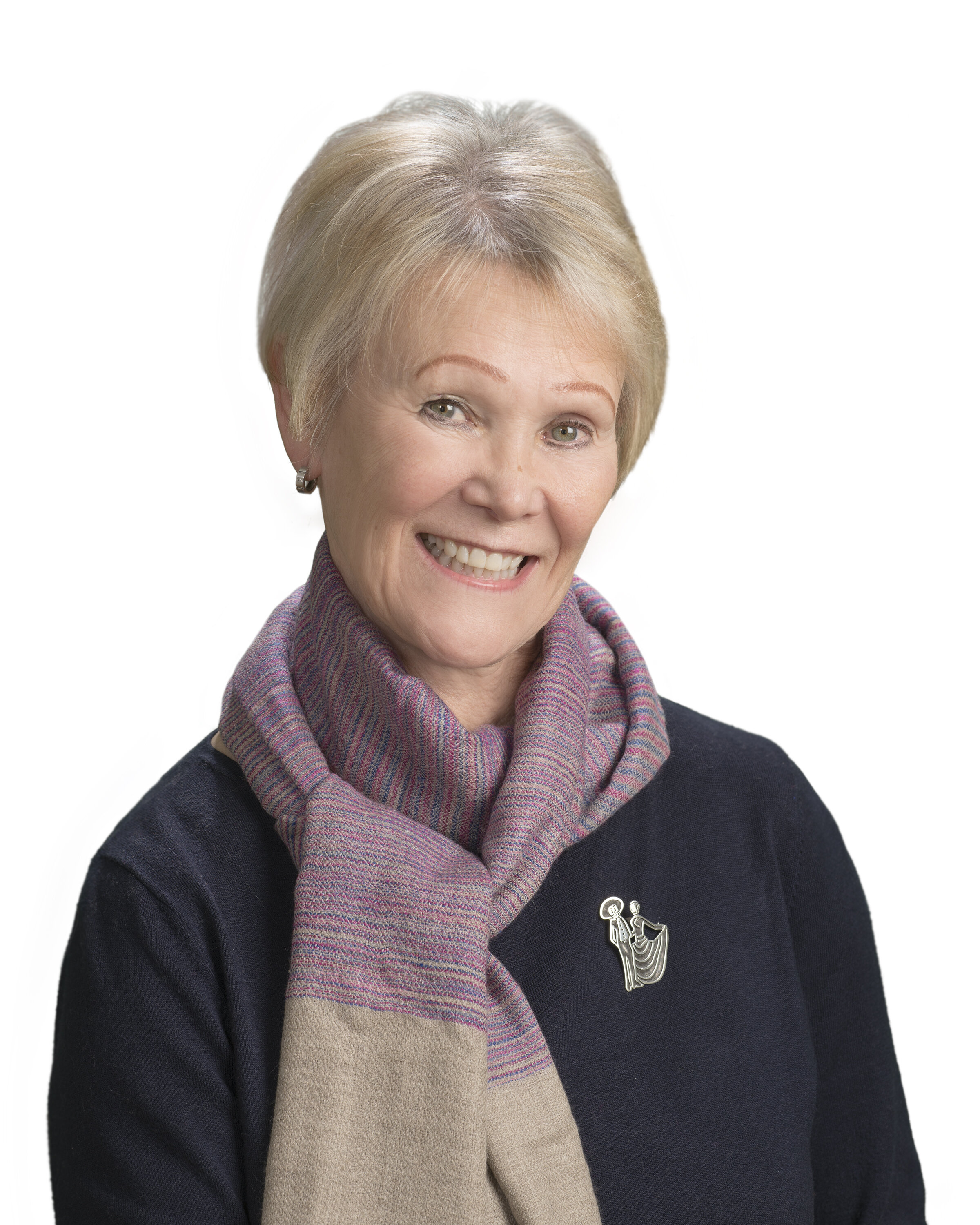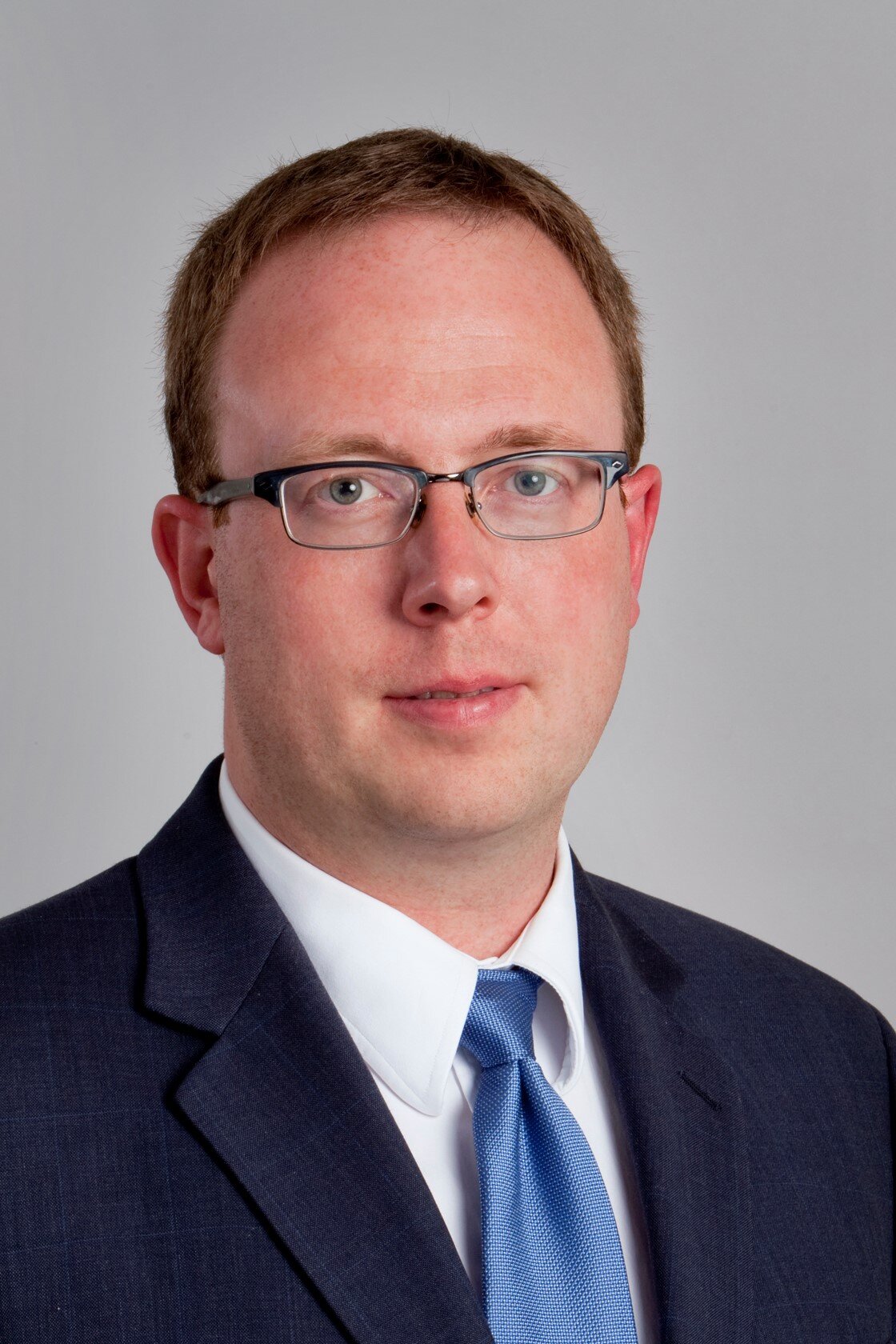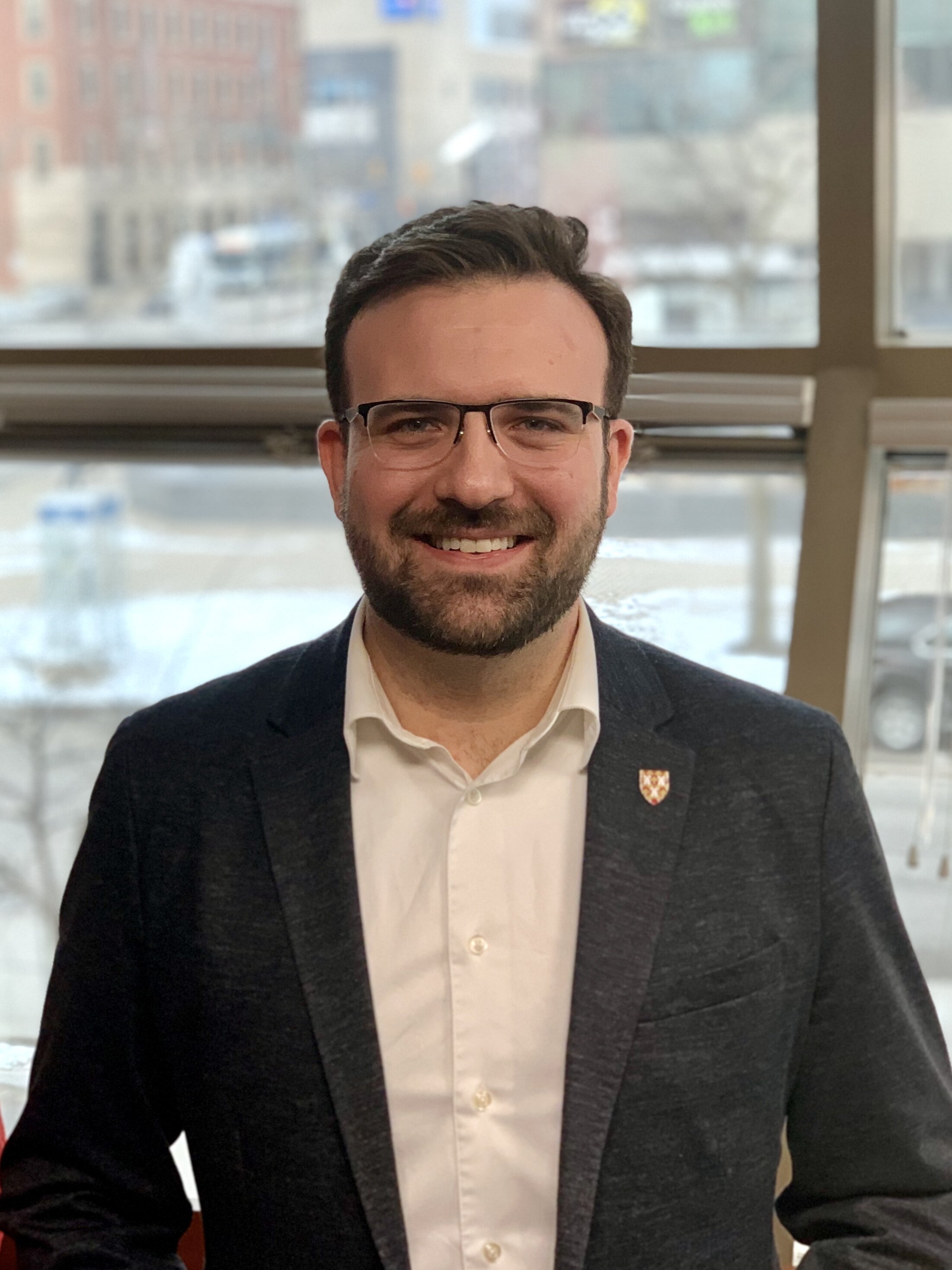The Forgotten Fundamental Freedoms
of the Charter
Presented by The Forgotten Freedoms Project and Christian Legal Fellowship
New Book
This book features a collection of papers that were developed out of CLF’s 3rd Annual Symposium on Law, Religion & Human Rights and published by LexisNexis Canada . The collection examines many of the freedoms listed in section 2 of the Charter that have been “forgotten” in the sense that they have not received (much) interpretation in jurisprudence or discussion in legal scholarship. Learn more about the collection here.
The 2019 Symposium - The Forgotten Freedoms Workshop - was co-organized by The Forgotten Freedoms Project and Christian Legal Fellowship.
The 2019 Forgotten Freedoms Workshop was supported in part by funding from the Social Sciences and Humanities Research Council of Canada (SSHRC).
New Video series
This new video series, co-presented by The Forgotten Freedoms Project and Christian Legal Fellowship, explores fundamental freedoms which have been largely overlooked in Canada.
Episode 3: Freedom of peaceful assembly
Episode 4: Freedom of association
Episode 2: Freedom of thought, belief, opinion, the press and other media of communication
Episode 1: Freedom of conscience
Series Trailer
Upcoming Webinar
Human Rights Day Webinar:
“Forgotten Fundamental Freedoms Panel”
Thursday, December 10, 2:30-4:00pm (Eastern time)
This session will provide an overview of emerging research and ground-breaking scholarship on the “Forgotten Fundamental Freedoms” – protections in section 2 of the Charter which have been overlooked or unexamined in Canadian jurisprudence to date, such as freedom of thought, belief, opinion, the press, conscience, peaceful assembly, and religious association. How should these freedoms be interpreted and applied? What relevance might they have in future cases? This session will also summarize the brand new publication “The Forgotten Fundamental Freedoms of the Charter” on these topics.
Panelists:
Dwight Newman, Q.C., Professor, Canada Research Chair in Indigenous Rights in Constitutional and International Law, University of Saskatchewan College of Law
Derek Ross, Executive Director & General Counsel, CLF
Brian Bird, Assistant Professor, Peter A. Allard School of Law (UBC)
CPD Information:
This program contains 1.50 hours of Substantive content (BC; SK; NB)
Re: Ontario, only Professionalism Hours must be accredited by the Law Society of Ontario. Lawyers and paralegals must determine for themselves whether an activity is an eligible educational activity for CPD and qualifies for Substantive Hours. For more information about Ontario’s Substantive Hours, please see CPD Requirement.
Learn more about CPD details here.
There is no cost to register for this event; advance registration is required.
Archived Webinar
Charter Day Webinar: “Celebrating Canada's
fundamental (and sometimes forgotten) freedoms”
This webinar took place on Charter Day (April 17, 2020)
Watch the archived webinar here:
April 17, 2020 marks the 38th anniversary of the adoption of the Canadian Charter of Rights and Freedoms. The Charter has had a tremendous impact on Canadian life since it was adopted, yet a number of its protections have yet to be fully considered or addressed by Canadian courts. Among the several "fundamental freedoms" guaranteed by section 2 of the Charter, only a few have been given significant attention. What about the others — why are they important to our democracy, and how might they be realized? And what do we still need to learn and understand about the meaning of our "fundamental freedoms" generally?
Join this interactive webinar on April 17, 2020 at 12:00 - 1:30 PM (Eastern Time) with a panel of legal experts to learn more about the "fundamental freedoms" we enjoy in Canada, and about the work being done to protect them from being forgotten. There will be a time for Q&A. The session is open to all and a special invitation is extended to high school and university students.
This webinar shares some of the research associated with The Forgotten Freedoms Workshop held in September 2019, which was supported in part by funding from the Social Sciences and Humanities Research Council; a number of papers presented at the Workshop aree published in a special edition of the Supreme Court Law Review (2d series). Learn more here.
Presented by The Forgotten Freedoms Project and Christian Legal Fellowship.
Webinar Panelists
Brian Bird, Princeton University
Brian Bird is a 2019-2020 John and Daria Barry Postdoctoral Research Fellow in the James Madison Program at Princeton University. His research focuses on constitutional law, constitutional theory, and human rights. His writing on these topics has appeared in several academic journals and media outlets. A lawyer by training, Brian clerked for judges of the Supreme Court of British Columbia and for Justice Andromache Karakatsanis of the Supreme Court of Canada. He completed his doctorate in law at McGill University on the topic of freedom of conscience. He also holds a B.C.L. from the University of Oxford, a J.D. from the University of Victoria, and a B.A. from Simon Fraser University.
Prof. Jamie Cameron, Osgoode Hall Faculty of Law
Professor Jamie Cameron has been a full-time member of the faculty at Osgoode Hall Law School since 1984. She holds law degrees from McGill University and Columbia University, clerked at the Supreme Court of Canada for the Hon. Justice Brian Dickson, and was on the faculty at Cornell Law School before joining Osgoode.
Today, Professor Cameron is one of Canada’s senior constitutional scholars, whose research and teaching interests focus on the Charter of Rights and Freedoms, freedom of expression and the press, the Supreme Court of Canada, criminal law, American constitutional law, and judicial biography. She is a past editor-in-chief of the Osgoode Hall Law Journal, and a co-guest editor of two special issues (2013) and (2014). She has written extensively in these areas and has been the editor and co-editor of a dozen book collections, including the annual Constitutional Cases volumes, The Charter’s Impact on the Criminal Justice System, Reflections on the Legacy of Justice Bertha Wilson, and The Charter and Criminal Justice: Twenty-Five Years Later. She has chaired and co-chaired many conferences and events, which include Osgoode’s Annual Constitutional Cases conference; a 25th anniversary conference on the Charter and criminal justice (2007); In the Public Interest: The Law and Ethics of Investigative Journalism (2011); Rights, Constitutionalism and the Canadian Charter of Rights and Freedoms (2012); a symposium in honour of Professor John McCamus (2013); and Part XX.1 of the Criminal Code: Not Criminally Responsible and Lessons from Bill C-54 (fall 2013). Professor Cameron has been a member of the Ontario Review Board since 2013 and with partners from CAMH was funded by the Law Foundation of Ontario in fall 2016 to do a qualitative study and analysis of access to justice and fairness in Ontario Review Board hearings.
Professor Cameron has been a Director and Vice-President of the Canadian Civil Liberties Association for 20 years, served on the Board of Directors for the BC Civil Liberties Association for 10 years, and represented the CCLA in cases at the Supreme Court of Canada. Professor Cameron has been a member of Academic Freedom & Tenure Committee of CAUT and a Director of the Harry Crowe Foundation. She was on the Board of Trustees of the McMichael Canadian Art Collection from 2004 to 2012, and served as vice-chair of the McMichael from 2011 to 2013; she was on the Board of Directors of Canada’s National Ballet School from 2011-2014. At present she is a Director of the Inuit Art Foundation and a member of the Advisory Board for the Centre for Free Expression (Ryerson University).
Prof. Dwight Newman, University of Saskatchewan Faculty of Law
Dwight Newman, QC is Professor of Law and Canada Research Chair in Indigenous Rights in Constitutional and International Law at the University of Saskatchewan, where he has been on faculty since completing his DPhil at Oxford in 2005. He has been a recent visiting fellow at Cambridge, Montreal, Oxford, and Princeton. He has published around a hundred articles or book chapters. His dozen books include two widely cited books on the duty to consult doctrine, a leading book on collective rights, a coauthored 900-page treatise on Canadian constitutional law, and the forthcoming coedited collection with Derek Ross and Brian Bird on forgotten freedoms in section 2 of the Canadian Charter. He is a member of the Ontario and Saskatchewan bars and has advised on various constitutional law matters.
Derek Ross, Christian Legal Fellowship
Derek B.M. Ross, LL.B. (Western), LL.M. (Toronto), is the Executive Director & General Counsel for Christian Legal Fellowship. His litigation practice focuses on human rights and fundamental freedoms, and he has acted for public interest interveners in a number of cases involving the Charter of Rights and Freedoms, including before the Supreme Court of Canada. He has also appeared before legislative and Parliamentary committees to present on constitutional and legal issues.
Derek has served as an Executive Member of the Charity and Not-for-Profit Law sections and the Constitutional, Civil Liberties, and Human Rights Law sections of both the Canadian Bar Association and the Ontario Bar Association. He is editor-in-chief of the Christian Legal Journal, a periodical examining the relationship between law and religion. His writings have appeared in a number of publications, including The Globe and Mail, The Lawyer's Daily, Canadian Lawyer, Policy Options, and Public Discourse. He is the general editor of Assisted Death: Legal Social, and Ethical Issues After Carter (LexisNexis Canada, 2018), and Canadian Pluralism and the Charter: Moral Diversity in a Free and Democratic Society (LexisNexis Canada, 2019).












